Intro to Patho 8/6/25
1/25
Earn XP
Description and Tags
Vocabulary flashcards covering key terms and concepts from the lecture on pathology and pathophysiology.
Name | Mastery | Learn | Test | Matching | Spaced |
|---|
No study sessions yet.
26 Terms
Pathophysiology
Study of the disruption of normal bodily function (homeostasis) due to disease; the physiology of abnormal function.
Pathology
Study of structural or morphological (visual) abnormalities expressed as diseases of cells, tissues, organs, and systems.
Disease
Impairment of cells, tissues, organs, or systems resulting in altered function and challenge to homeostasis; synonymous with illness.
Homeostasis
Dynamic steady state maintained by appropriate regulatory responses; the condition of good Health.
Etiology
The cause or origin of a disease or disorder (genetic, acquired, infectious, etc.).
Multifactorial
multiple etiologies for condition (genetic + infectious, etc)
Idiopathic Disease
A disease whose cause is unknown or unidentifiable. (idiot doesn’t know the path)
Iatrogenic
Resulting from medical treatment or procedures. (something happened during chemo, unexpected allergic rn to drug, etc) Can result in death but not always
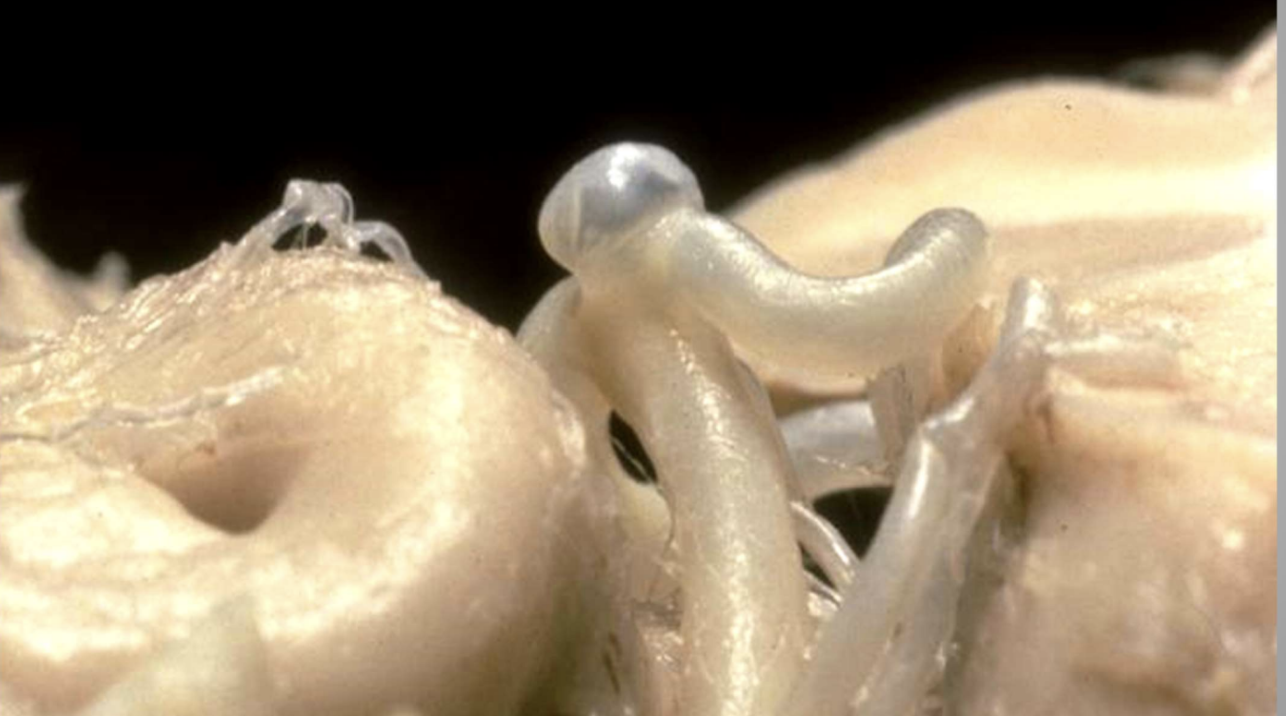
Congenital
Occurring during fetal development; present at birth (e.g., berry aneurysm). “born w/ it”
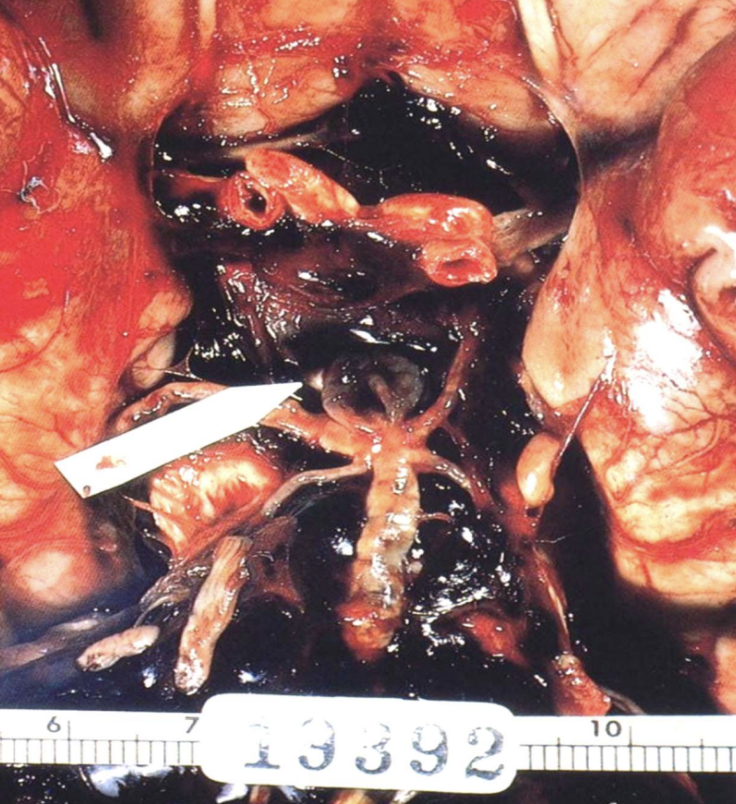
Nosocomial
Disease, usually infectious, acquired in a hospital setting. (hospitals are germ pits)
Genetic Disease
An inherited disorder caused by abnormalities in genes or chromosomes.
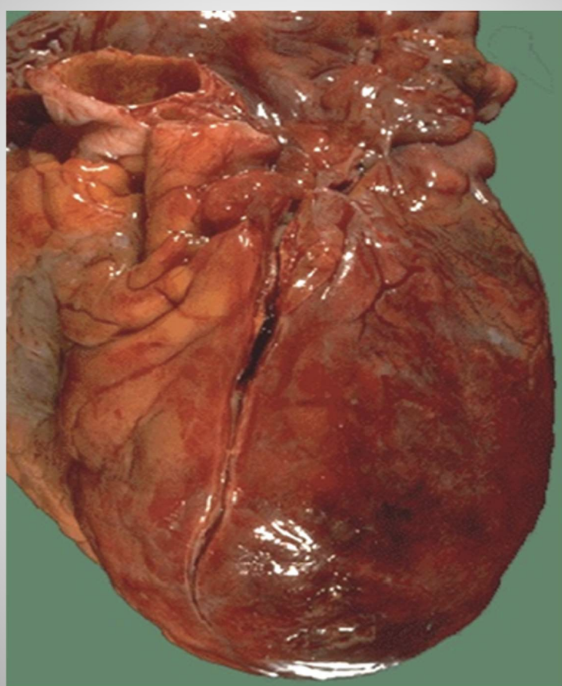
Acute Disease
Severe disorder with rapid, aggressive onset; usually self-limiting and presents clear signs and symptoms (e.g., acute myocardial infarct).
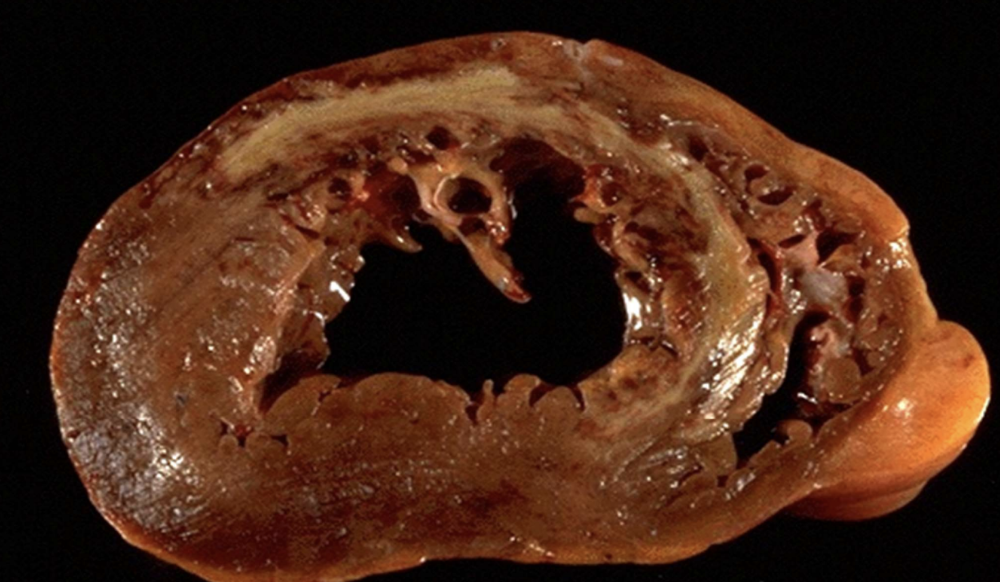
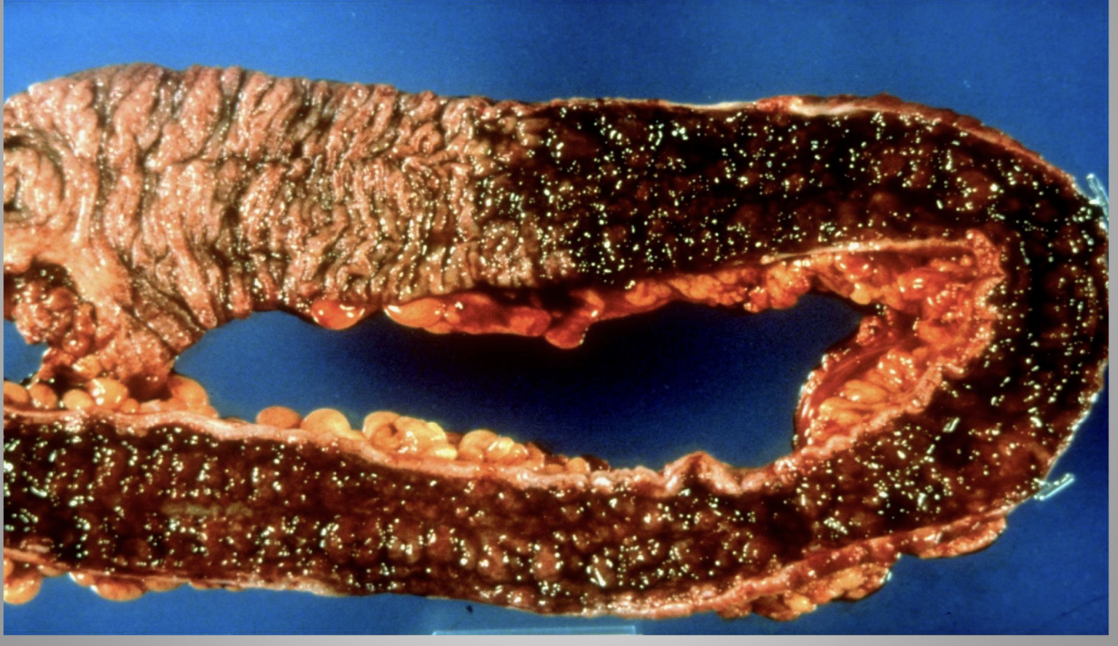
Chronic Disease
Long-term, continuous process with exacerbations and remissions; usually not curable (e.g., chronic ulcerative colitis).
Subacute Disease
Disease course whose duration and severity fall between acute and chronic.
Subclinical Disease
A disease with no outward signs or symptoms that usually does not progress.
Carrier State
Condition in which a person harbors a pathogen without symptoms but can transmit it (e.g., Typhoid Mary).
Syndrome
Group of clinical symptoms and physical findings that characterize a particular disorder.

Down Syndrome (Trisomy 21)
Chromosomal disorder with characteristic facial features, intellectual disability, simian crease, congenital heart disease, etc.
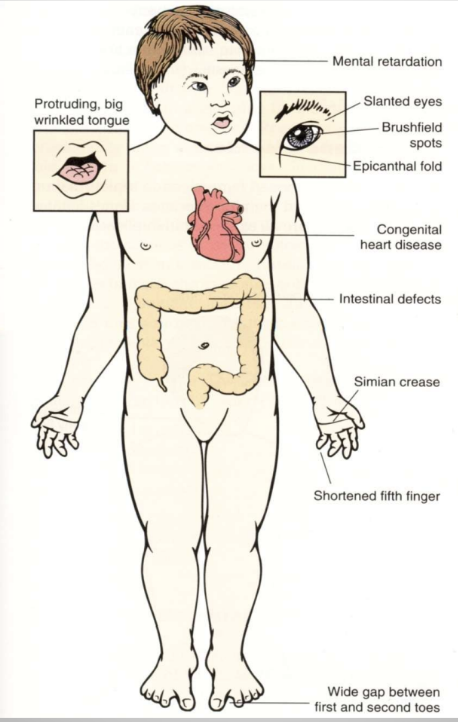
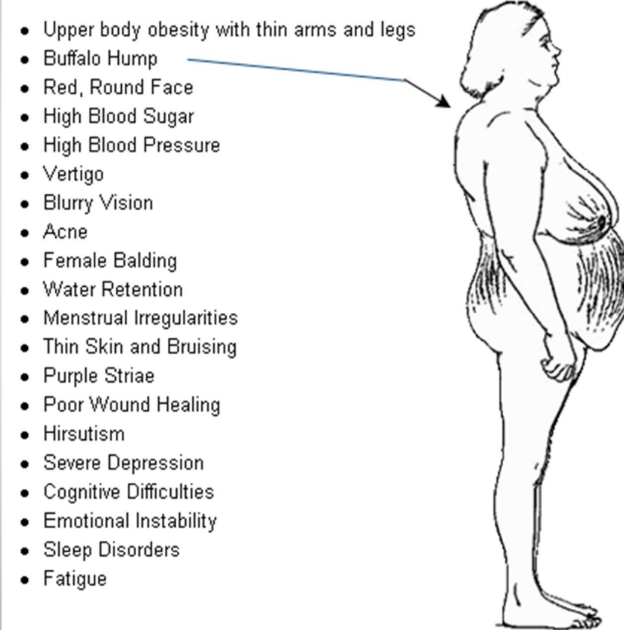
Cushing Syndrome
Disorder caused by excess cortisol/ACTH characterized by central obesity, moon face, buffalo hump, purple striae, hypertension, etc.
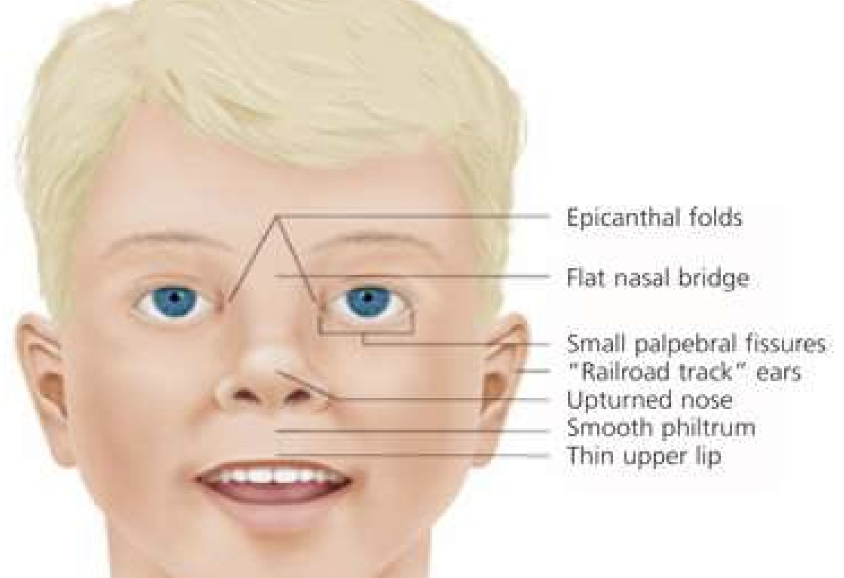
Fetal Alcohol Syndrome (FAS)
Birth defects from prenatal alcohol exposure: smooth philtrum, thin upper lip, small palpebral fissures, growth delay, neurodevelopmental deficits.
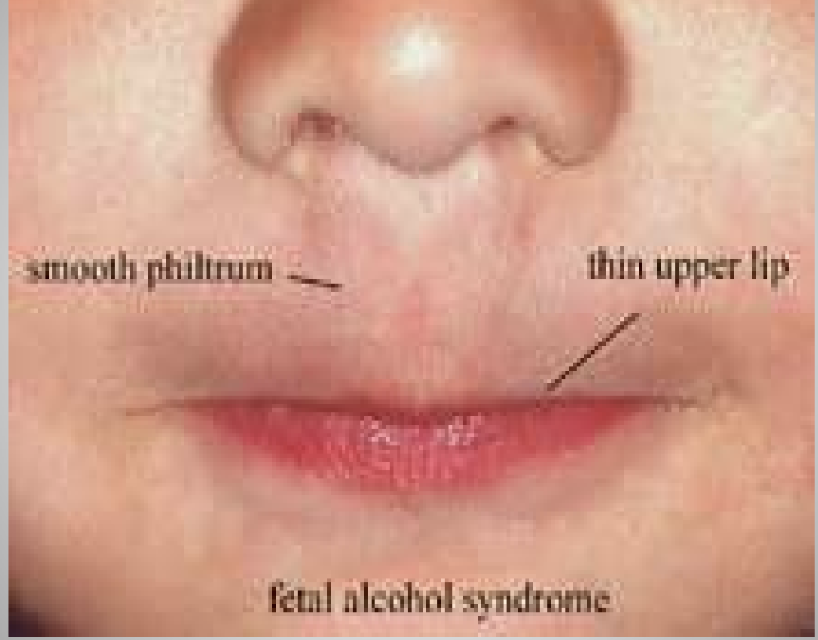
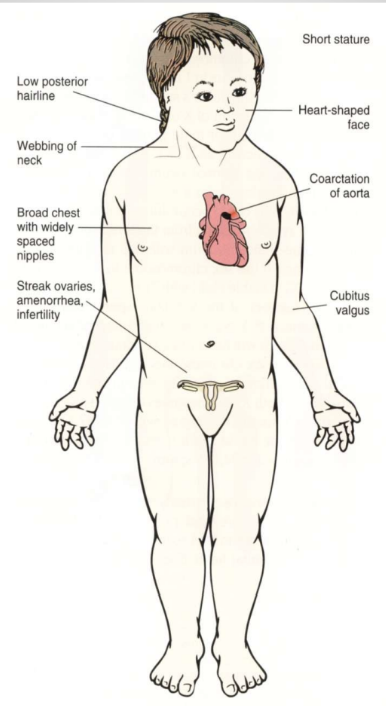
Turner Syndrome (XO)
Monosomy X condition with short stature, webbed neck, shield chest, streak ovaries, coarctation of aorta, infertility.

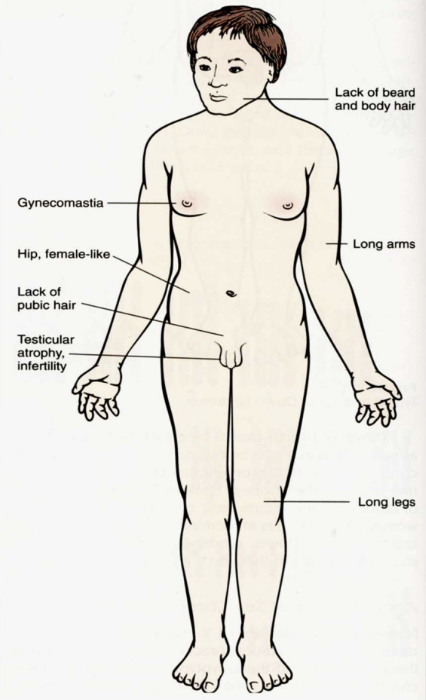
Klinefelter Syndrome (XXY)
Extra X chromosome in males leading to tall stature, long limbs, testicular atrophy, gynecomastia, infertility.
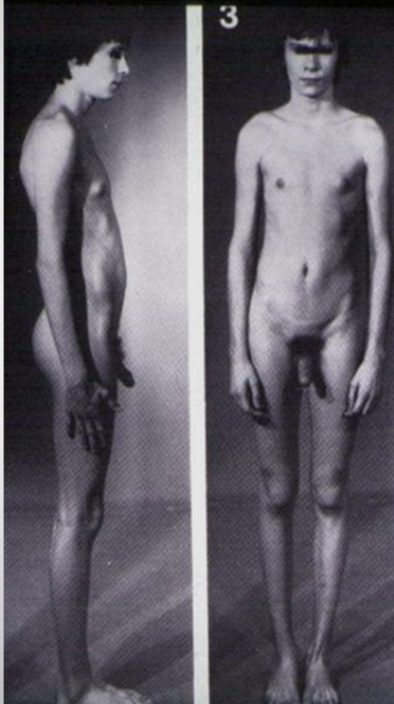
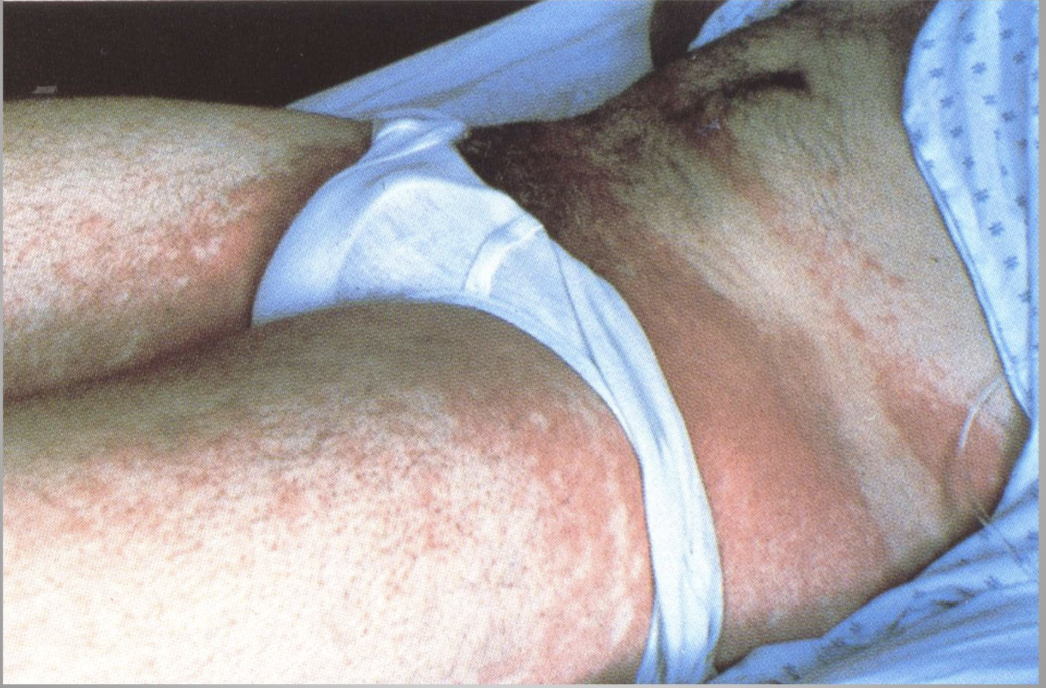
Toxic Shock Syndrome
Acute, life-threatening condition caused by Staphylococcus aureus toxins, presenting with fever, rash, hypotension, and multi-organ involvement.
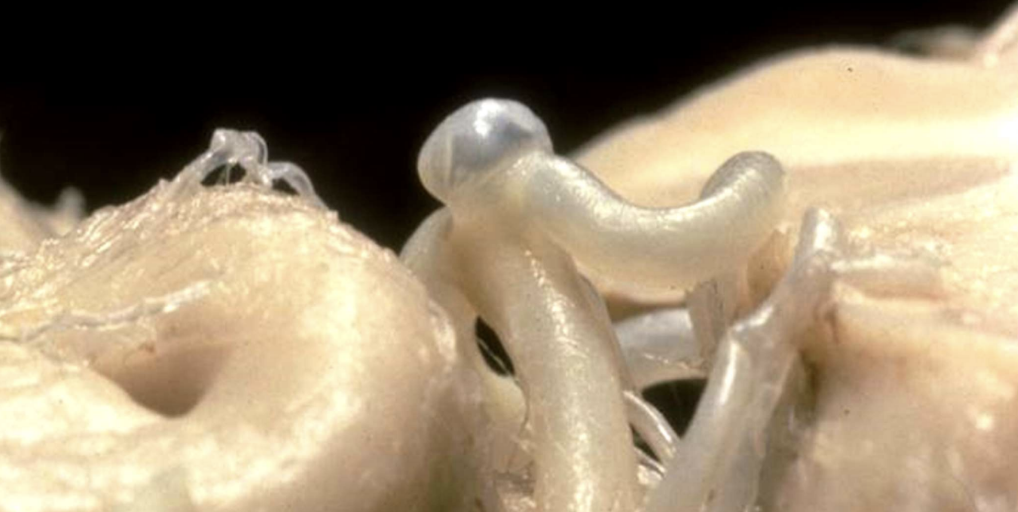
Berry Aneurysm
Congenital saccular dilation of cerebral arteries that can rupture causing subarachnoid hemorrhage.
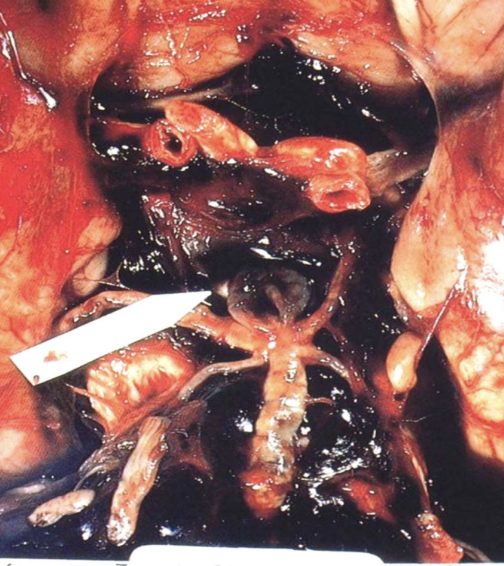
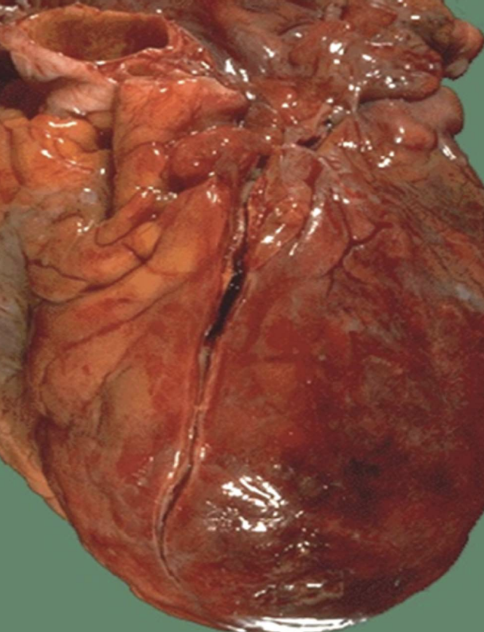
Acute Myocardial Infarct (MI)
Acute necrosis of heart muscle due to coronary artery thrombosis, e.g., LAD occlusion.
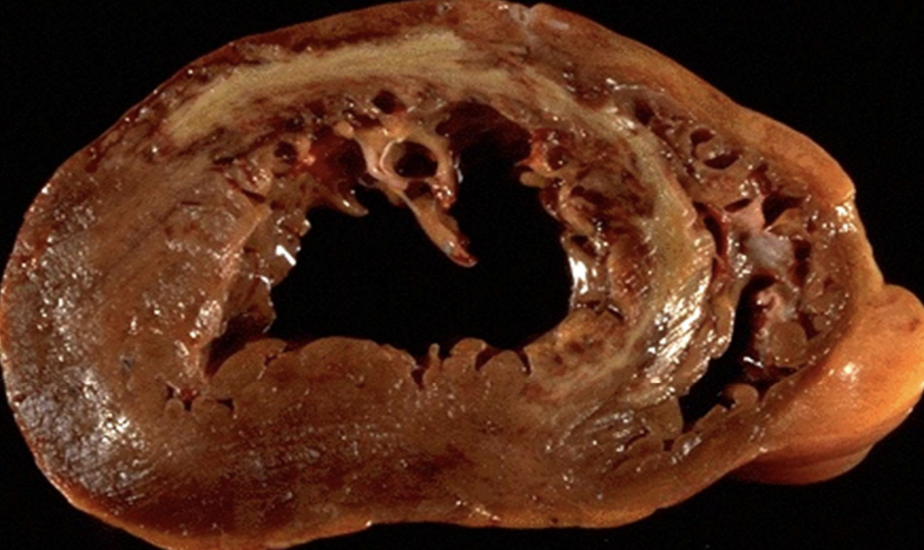
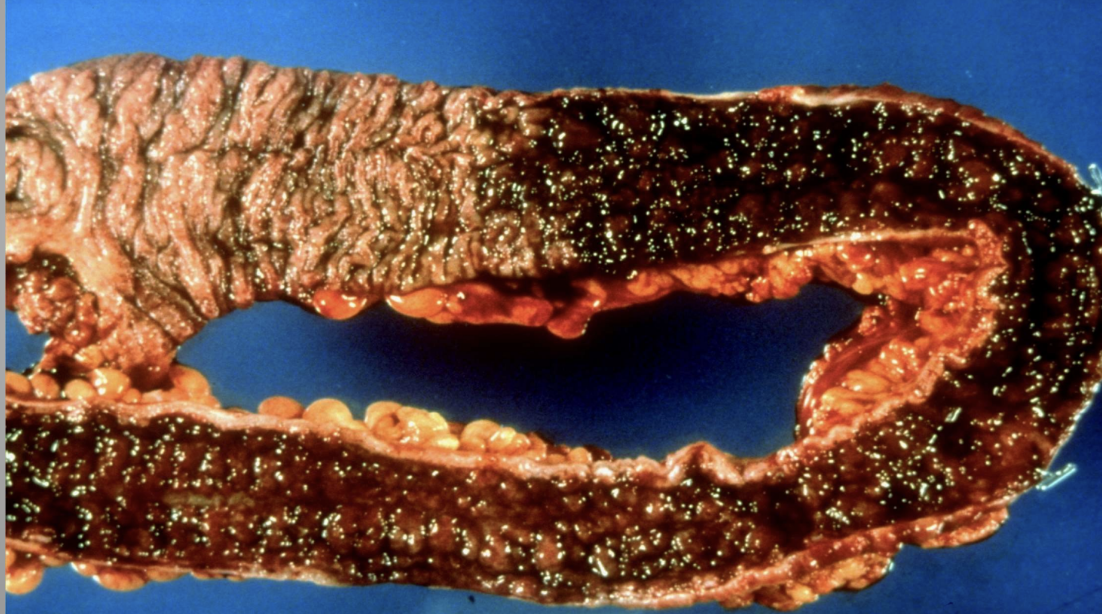
Chronic Ulcerative Colitis
Chronic inflammatory bowel disease with relapsing–remitting course affecting colon mucosa.